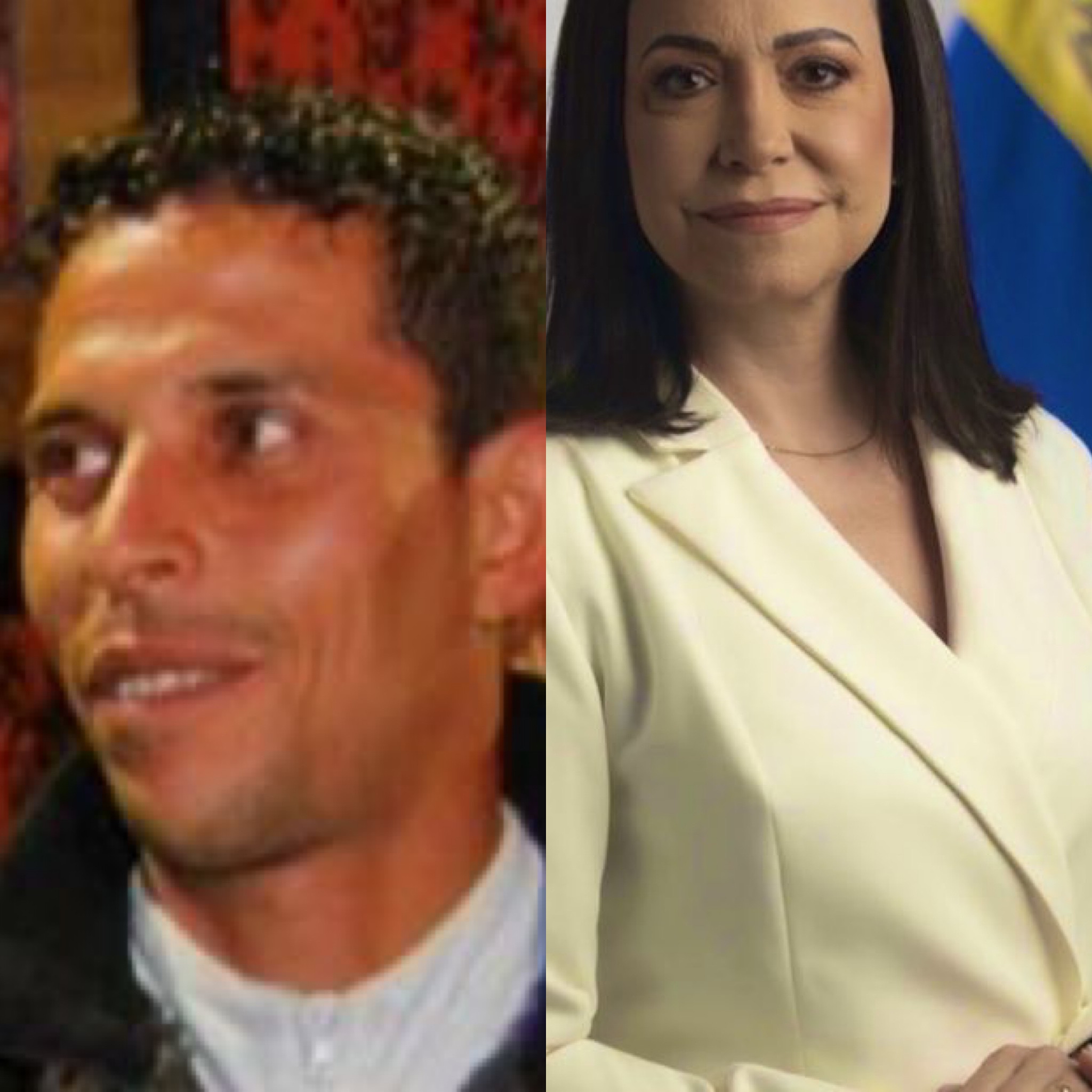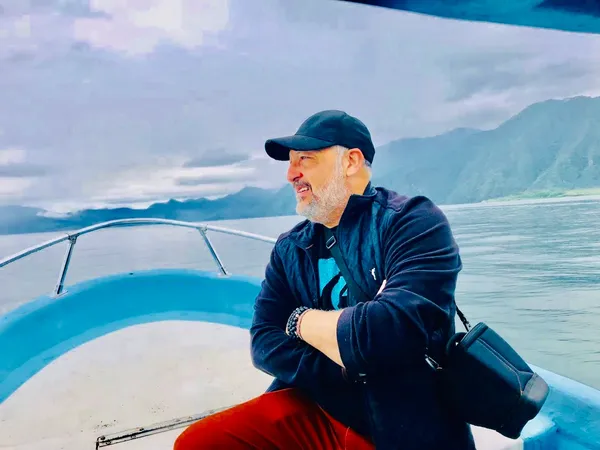"To understand the present, it is necessary to examine the past".
MB
In a corner of the world, where the sands of the desert meet the waters of the Mediterranean, a awakening was brewing that would forever change the history of the Middle East and North Africa. The Arab Spring, that torrent of hope and desperation that began in late 2010, was a collective cry of men and women who, tired of corruption and oppression, took to the streets clamoring for freedom, justice, and democracy.
It all began in Tunisia, a small country in size but great in courage. It was the spark of Mohamed Bouazizi, a young street vendor whose sacrifice in December 2010 ignited the flame of revolution. His desperate act of self-immolation was a protest against the injustice of a corrupt system that suffocated the aspirations of his people. The fall of President Ben Ali in January 2011 was the first triumph, a ray of hope in a sky filled with dark clouds.
The echo of Tunisia resonated in Egypt, where the imposing Tahrir Square became the epicenter of a titanic struggle. Thousands of citizens, armed only with their courage, faced the repression of Hosni Mubarak’s regime. Day after day, their voices echoed like a war drum, until, in February 2011, Mubarak was forced to resign. It was a moment of glory, but also the prelude to even greater challenges.
In Libya, the popular uprising against Muammar Gaddafi quickly degenerated into an armed conflict. NATO intervention played a crucial role, but the cost was high. Gaddafi’s fall in October 2011 did not bring the expected peace; instead, the country plunged into an endless civil war, a brutal reminder that freedom is not obtained without sacrifices.
Syria, on the other hand, became a scene of indescribable horror. Peaceful protests against Bashar al-Assad in March 2011 turned into a devastating civil war. The violence, deaths, and massive displacements left an indelible scar on the nation and the global conscience. Here, the fight for democracy was paid for with blood and tears.
In other countries, such as Yemen, Bahrain, and Algeria, the cry for change rose with varying intensity, reflecting the diversity of contexts and challenges in the region. Each nation went through its own spring, with successes and failures, hopes and disappointments.
Despite its often tragic outcomes, the Arab Spring left an undisputed legacy. It was a lesson in dignity, a demonstration that peoples, when united and raising their voices, can challenge even the most powerful regimes. Its impact still resonates today, inspiring new struggles and vindications in different parts of the world.
On the other side of the Atlantic, in the tumultuous Latin America, a new chapter is being forged in this saga of seeking justice and freedom. Venezuela, suffocated under the yoke of Chavista socialism, finds in figures like María Corina Machado and Edmundo González the leaders of what I have called, due to their own nature and personal sacrifice, the standard bearers in the 21st century of the new "Bolivarian Spring". This movement has embraced the indomitable spirit of Simón Bolívar and today rises against the dictatorship of Nicolás Maduro, challenging oppression with unwavering determination from their current underground position.
The international condemnation of the Maduro regime by seventeen countries is a significant step, but the hesitations of other global actors in the American States Organization reveal the complexities and challenges of this struggle. "The Bolivarian Spring" calls for resolute action, for authentic solidarity that transcends borders and politics. It is a moment of decision, a call to the bravery and unity of the Venezuelan people.
Thus, at this historic crossroads, the Bolivarian Spring emerges as a beacon of hope. María Corina Machado, with her fighting spirit, embodies the resistance and yearning for a future where freedom and justice are palpable realities. Rooted in Bolívar’s memory and in the passion of a people that does not surrender, this movement aspires to restore dignity and hope in a Venezuela that dreams of being free.
In the intricate revolts of Latin American history, when the winds of change blow intensely and the will of the people rises like thunder in the night, "The Bolivarian Spring" is emerging in the streets and towns of Venezuela with unbreakable vigor. In this sprout of rebellion and hope, led by the valiant María Corina Machado and the tireless Edmundo González, the destiny of a country where freedom has been subjected to electoral fraud, but not defeated, is being shaped.
In these moments of deep political and social convulsions, it is when the essence of a people reveals itself against the monster of Nicolás Maduro and his henchmen. The voice of the Venezuelan people, composed of young, women, children, and mothers, is resonating with the strength of a thousand thunders, proclaiming their inalienable right to freedom and dignity. It is a live testimony that democracy is not a gift granted but a sacred right claimed with passion and sacrifice.
The Bolivarian Spring is not just a political movement, it is the fiery heartbeat of a country that refuses to bow down to tyranny and oppression. It is the vindication of the memory of those who fought for independence and justice not so long ago, and the promise of a future where freedom is the pillar on which society stands.
The fight for Venezuela’s freedom will not be an easy battle, nor will it be without sacrifices and risks. But it is a crusade fought with fervent soul and hearts beating in unison for a common ideal. It is a commitment to past generations and a legacy for future ones, so that the flame of freedom never extinguishes on the plains of injustice and oppression.
In this crucial moment, in this insomnia of dreams and challenges, "The Bolivarian Spring" claims its place in history, as a fist raised to bravery and hope amidst the storm. The struggle for Venezuela’s freedom has no way back, it is a journey that will not turn back, advancing firmly with tears and sacrifice of lives towards a horizon of dignity and justice that will only be reached with the courage and determination of a people longing for freedom, as Simón Bolívar did once.
The international community cannot leave the Venezuelan people alone in this hour of struggle, anguish, and uncertainty, in this moment where María Corina Machado has chosen to continue the path of the fight from clandestinity in the land of the liberator, instead of running away out of fear, exiled in Costa Rica. This incorruptible iron woman is risking it every day for her people, the world that loves democracy cannot leave her alone fighting against the monster of Maduro and his military linked to the narco dictatorship.
The only known formula to remove a bloodthirsty dictator is to take the streets, the airports peacefully but constantly; no truce can be given to the regime. Asking the dictatorial regime to present the records is giving them time to, like falsifying the electoral results, falsify also the records and coerce delegates with threats to sign them.
Leave now, Mr. Maduro, leave Venezuela in peace!
Until next Wednesday."

